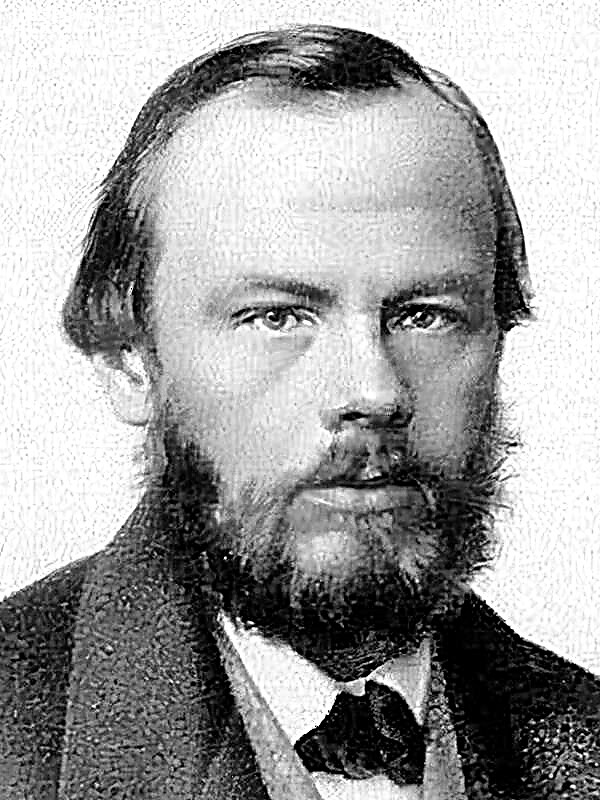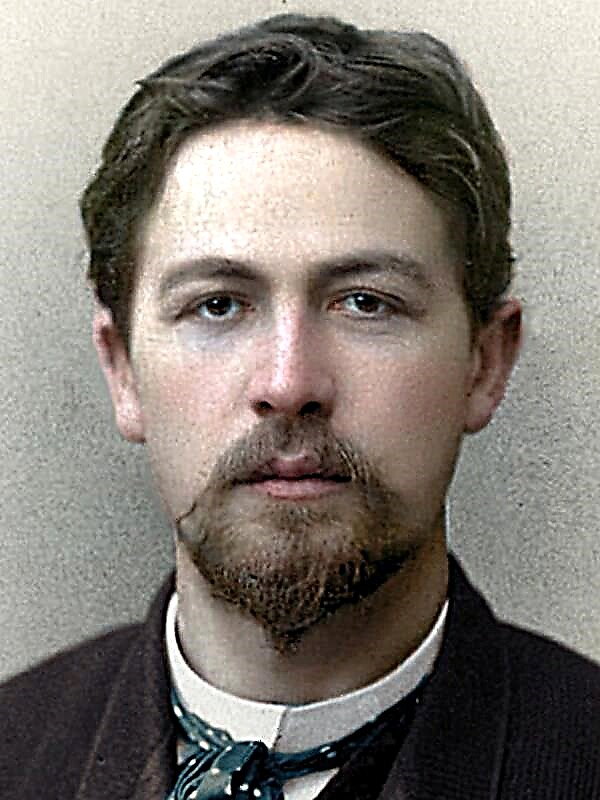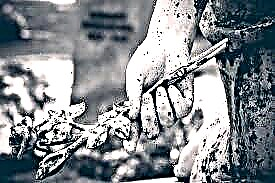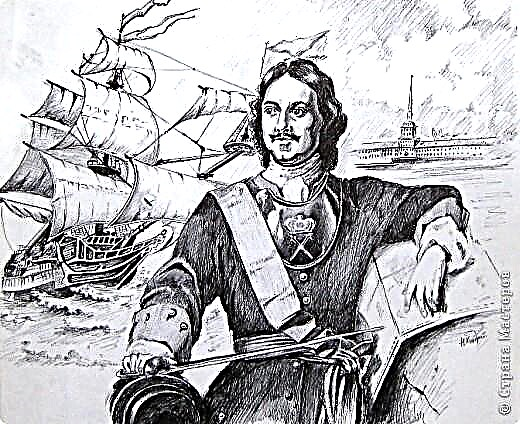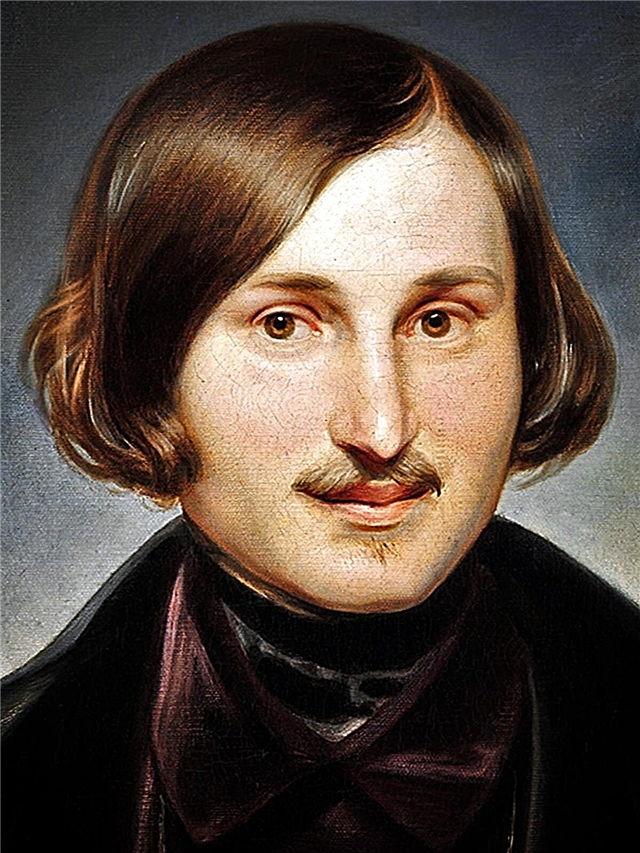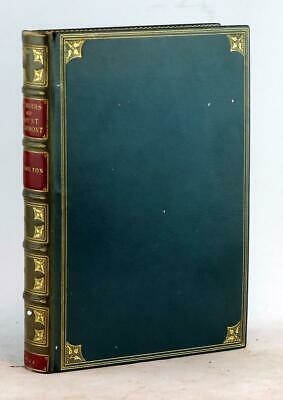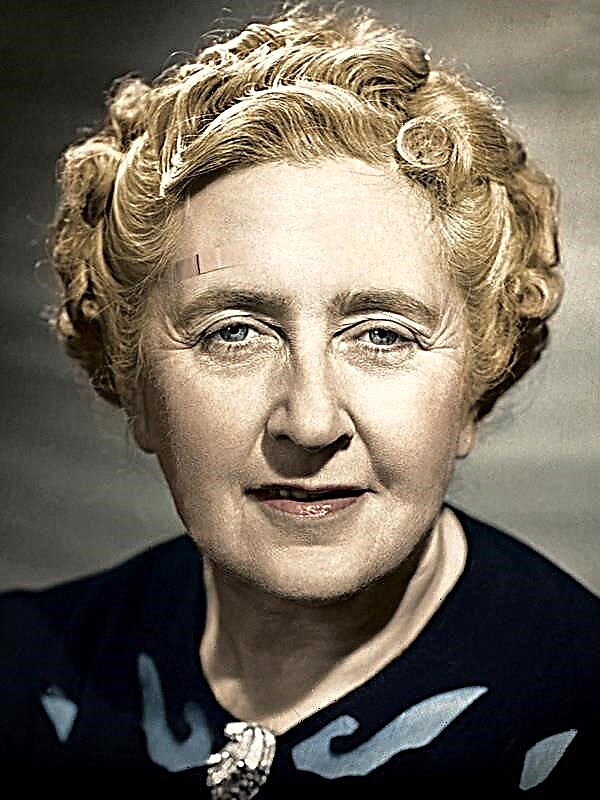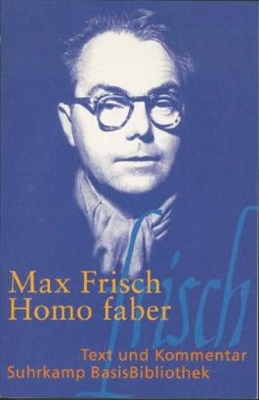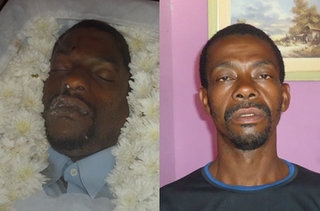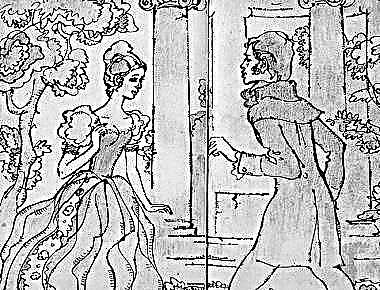The protagonist of the story, Private Robert Lee Prouit, was born and spent his childhood in the mining village of Garlan, which in the thirties became famous throughout America thanks to a strike of miners brutally suppressed by the police. In this strike, the hero’s father was wounded and imprisoned, and his uncle was shot dead as “resisting”. Soon, his mother died of tuberculosis. After wandering around America and seeing the views, Prowit enters the army, which, with its discipline, order, and paragraphs of the charter, became for him a salvation from a citizen, where not very obedient Americans were sometimes admonished in the most cruel way. It is no coincidence that the hero bears the name of the celebrated commander of the Civil War, the commander in chief of the southerners army, Robert Lee, an “officer and gentleman” who showed personal courage, strategic talent and a selfless commitment to the ideals of the South - for all their historical doom. Jones's hero is resistant, brave, committed to serving the country like his famous namesake. And just doomed. The army in which the hero of the novel decided to save himself from the bad American society, in essence, is not much different from the citizen. A service in the Scofield garrison in Hawaii from the outside might seem like a real paradise, but the resort color only emphasizes the drama of the battle between Pruite and the army machine. His struggle with the will of others assumes the character of consistent negativity. A gifted bugler, he decides not to pick up the bugle, for he does not want to humiliate himself in order to get a warm place of the regimental bugler. A capable boxer, he refuses to play in the ring, because during a training battle he injured his friend, as a result of which he became blind. However, sport is a good career tool for the army bosses, and Private Prwith’s reluctance to enter the ring is seen as something very close to treason. One way or another, it is this refusal that makes Pruit in the eyes of the authorities, and in the first place Captain Homs, a disruptive element, a "Bolshevik."
Among a large number of very colorful representatives of the Scofield garrison stand out Private Angelo Maggio and Sergeant Milt Terber. The first, like Robert Pruit, takes hostility with the slightest encroachment on his “free self” and, as a result, ends up in a military prison famous for its intransigence towards troublemakers. Sergeant Terber, on the contrary, hating officers as both an institution and as a sum of specific individuals, resists in his own way - an impeccable knowledge of his duties and high professionalism, which makes him simply irreplaceable in the company. However, his revenge on the bosses also takes on very specific forms - he has an affair with the wife of his company commander Karen Homs, who does not feel anything but contempt for her husband and only maintains the appearance of family relations. However, neither Terber nor Karen have any illusions about the longevity of his novel, which nonetheless threatens to outgrow the scope of an ordinary affair and turn into a large, all-consuming love. Prouite also has considerable problems on the love front. After parting with his former mistress Violet, who is tired of the uncertainty of their relationship, he falls in love with the beautiful Alma from Mrs. Kipfer's brothel. However, the struggle with the army machine takes too much time from Prouite to completely surrender to the elements of love. If for him non-participation in sporting events becomes an important principle of existence, an indicator of internal freedom, then for his superiors it is just as important to subordinate the rebel to his will, inspire fear both to him and his comrades in arms. General Sam Slater, who visited the Hawaiian garrison, sets out his theory of fear as an organizing social force. “In the past,” he says, “fear of the authorities was just the flip side of the positive moral code of honor, patriotism, service ....” But then practicality triumphed, the era of machines came, and everything changed. The machine made no sense ... the old code. It is impossible to force a person to voluntarily confine himself to a machine, claiming that this is a matter of his honor. Man is not a fool. Thus, from this code only the negative side has survived, which has acquired the force of law. The fear of power, which was only a side element, has now become the basis, because there is nothing else left. ” This formula, which incorporates numerous discussions about freedom and coercion, accurately defines the essence of what is happening in the novel. Events are progressing. As a result of the clash with a drunken sergeant, Pruit falls under the military tribunal and finds himself in the very prison where his friend Maggio languishes. The prison authorities are a bunch of notorious sadists, but ultimately the regime there is only an even more capacious and graphic symbol of the anti-human nature of the military machine, as the author sees it.
Pretty quickly, Pruit finds himself in the famous penalty hut number two, which contains those whom the prison authorities consider unpromising and cannot be corrected. This is a kind of elite, guardians of the original American spirit of disobedience.
However, the idyll of freedom in the barracks of the special regime ends quickly. Angelo Maggio makes a desperate attempt to free himself - he feigns insanity. Another pillar of the “union of the rebellious,” Jack Malloy, escapes, and so well that they cannot find him. However, the third of Pruit’s friends has a hard time: he becomes a victim of sadistic jailers. Pruit swears an oath to kill his chief tormentor, Sergeant Judson, and soon after his release he implements his plan. However, he exerts stubborn resistance and, before dying, he himself inflicts a severe stab wound to Pruit. The poor fellow cannot return to the company in this form and appears to his friend Alma.
Once in the city, he encounters Teber, who persuades him to return, assuring that no one thinks to suspect him of the death of Judson and the worst thing that threatens him is two more months in prison. But Prowit is not ready to pay such a price for restoring relations with the army. He states that he will never return to prison. Terber is unable to offer him anything else, and their paths diverge. It was December 7, 1941, when the Japanese Air Force dealt a massive blow to the American military base in Hawaii. To his shame, Pruit discovers that during this raid, which resulted in the deaths of thousands of his comrades in arms, he peacefully slept with his girlfriend Alma. He makes an attempt to find his own, but the meeting with the military patrol is fatal. Realizing what the arrest may turn out to be, Prowit tries to escape, but the machine-gun line interrupts his rebellious life.
Milt Terber becomes an officer, and Karen Homs, finally convinced of the meaninglessness of living together with her husband, takes his son and returns to America. On the ship, she meets a young and beautiful woman who also returns to America. According to her, during the raid she died here the groom. She talks about how he tried to take the plane to cover under bombing, but a direct hit put an end to his heroic efforts. When a woman calls the name of the hero-groom - Robert Lee Pruit, Karen realizes that all this is pure fiction and that in front of her is a prostitute Alma Schmidt. Karen’s son, dreaming of a military career, asks his mother if it’s true that this war will end before he becomes an officer and can also take part in it. Seeing the sadness on her son’s face after her words that he was unlikely to have time to show himself in this war, she not without irony assures him that if he is late for this, then he may well take part in the next. "Truth?" He asked hopefully.

